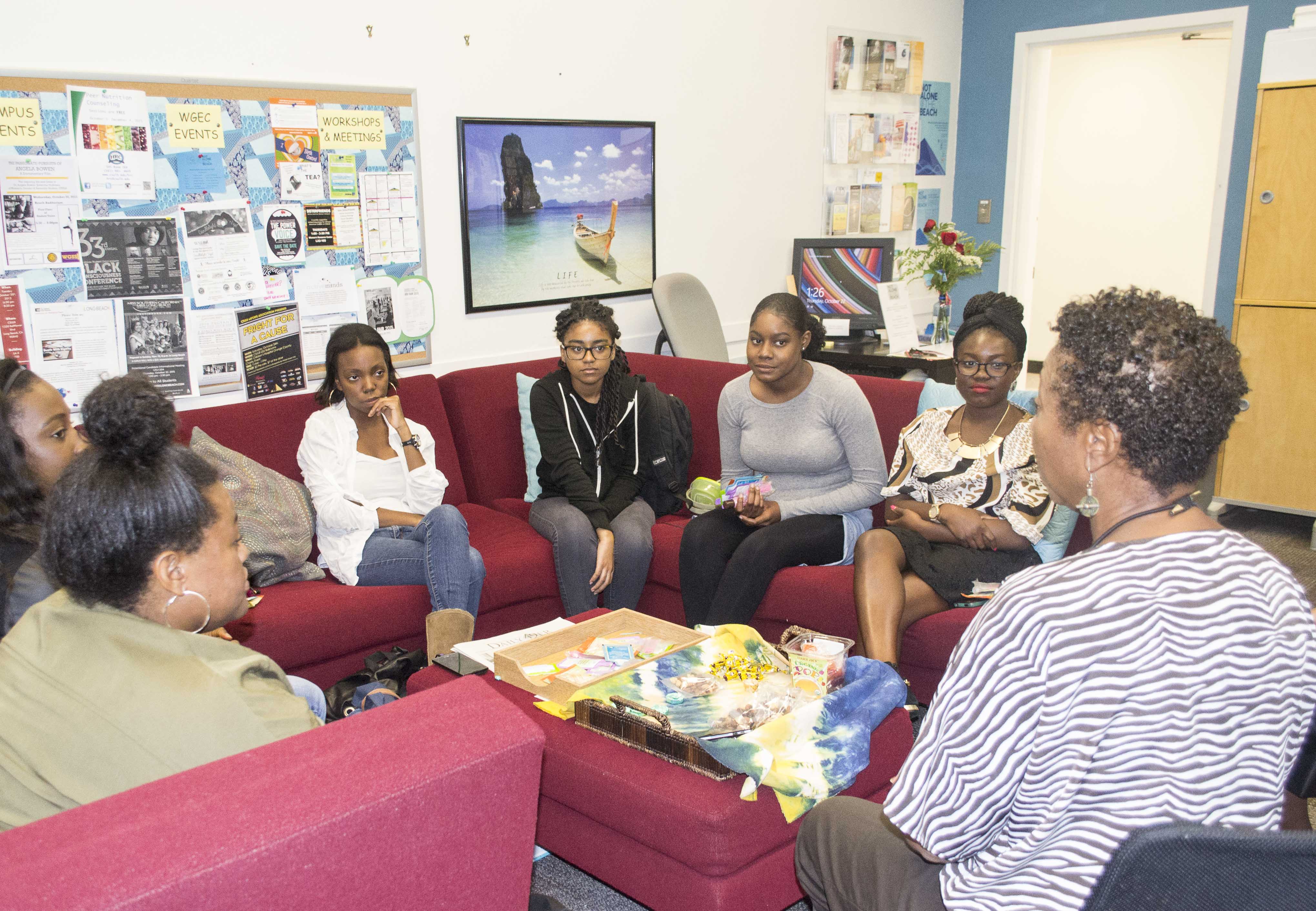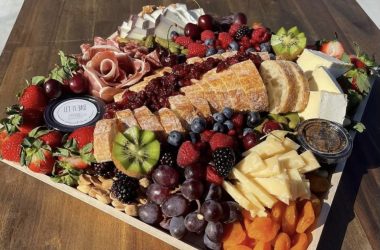The flashy colors, crocheted illusions, whimsical wavy textures and coiled kinks of Black women’s hair have been the object of enchantment, awe and even controversy.
For all those whose childhood did not include a particular emphasis on hair, like extensive upkeep, social stigma and involuntary cultural significance, Black woman’s hair experiences are unique to their identity.
“My hair journey has been dealing with other people trying to define how my hair should look,” Jada Augustine said while discussing hair, a favorite topic of the weekly California State University, Long Beach support group SisterFriends. “As a black woman there’s so many ways I can wear my hair, it’s very versatile, and that’s awesome.”
Whether rocking colorful cornrows, straw sets, lace fronts, box braids, bantu knots, invisible parts, senegalese twists, faux dreads, afro-puffs, tight curls, choppy bobs or pixie cuts, the possibilities seem limitless.
However, Black hair has always been a source of controversy and control.
This past year, actress Zendeya Coleman was ridiculed by Giuliana Ranic, a host of E!’s Fashion Police, who commented on the inappropriateness and possible weed smell of Coleman’s hair style after she sported dreadlocks for the Oscars’ red carpet. Back in 2007 the predominantly Black women’s basketball team from Rutger University, was referred to as “nappy headed hoes” and “jigaboos” by Don Imus during an MSNBC radio show.
Professional standards also regulate Black women’s hair. Last year United States Army set forth Army Regulation 670-1, outlining appearance guidelines that prohibited many natural hairstyles including dreadlocks, two-strand twists and certain braids.
Despite the politicizing of Black hair, some Black women are still unphased by society’s standards.
Alisia Thompson, a Student Life and Development Coordinator at CSULB, proudly sports bright purple natural twists, despite an initial hesitation because of potential professional backlash.
“The world is really changing and looking at hair differently, and I feel like a lot of it has to do with how you carry it [hair] and the confidence you exude, regardless of what your hair looks like,” Thompson said during a SisterFriends session.
The natural hair wave in the Black community has been on an upswing. A 2013 study by Mintel, a global market research agency, found there was an increase of natural haired Black woman from 26 percent in 2010 to 36 percent in 2011. The same study found a 17 percent sales decline of relaxer products between 2006 and 2011.
Huge natural hair communities have also emerged on social media sites, such as YouTube. Beauty vlogger Whitney Naptural85 has garnered over 600,000 subscribers and 50 million views since launching in 2009.
However, the natural hair trend in the Black community comes in waves and it is neither a fad nor a political statement, said Renee Quarles, the owner of Black beauty supply shop Shades of Afrika in Long Beach.
“Hair is a cultural statement, not necessarily a political one because a political statement is about where you slide your debit card,” Quarles said. “We are not our hair, hair does not define you, but the media pushes that [message] for profit.”
A sentiment resonating with most of the women in SisterFriends was the experience of pervasive speculation about their hair.
“There’s all these stereotypes and mystery around a Black girl’s hair, and I care about my hair, but I think it’s more of other people’s infatuation and misunderstanding that fuel the misconceptions,” psychology major Miya Washington said.
No matter the style, its significance or lack thereof, the appraisal of Black hair tells a tangled story of race and politics.




